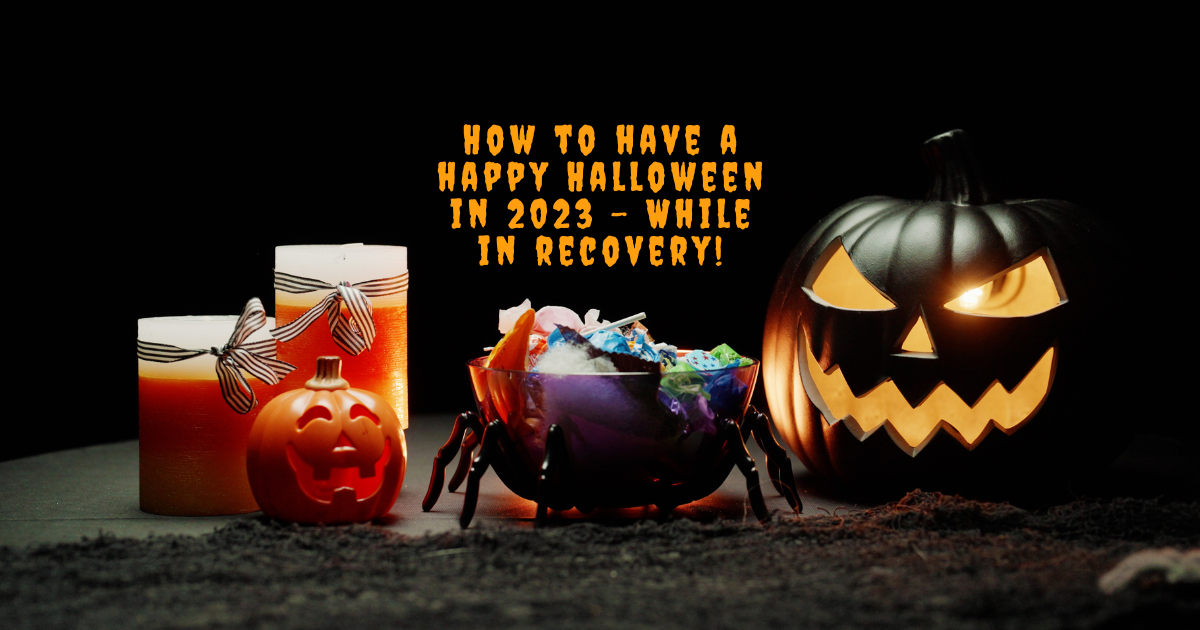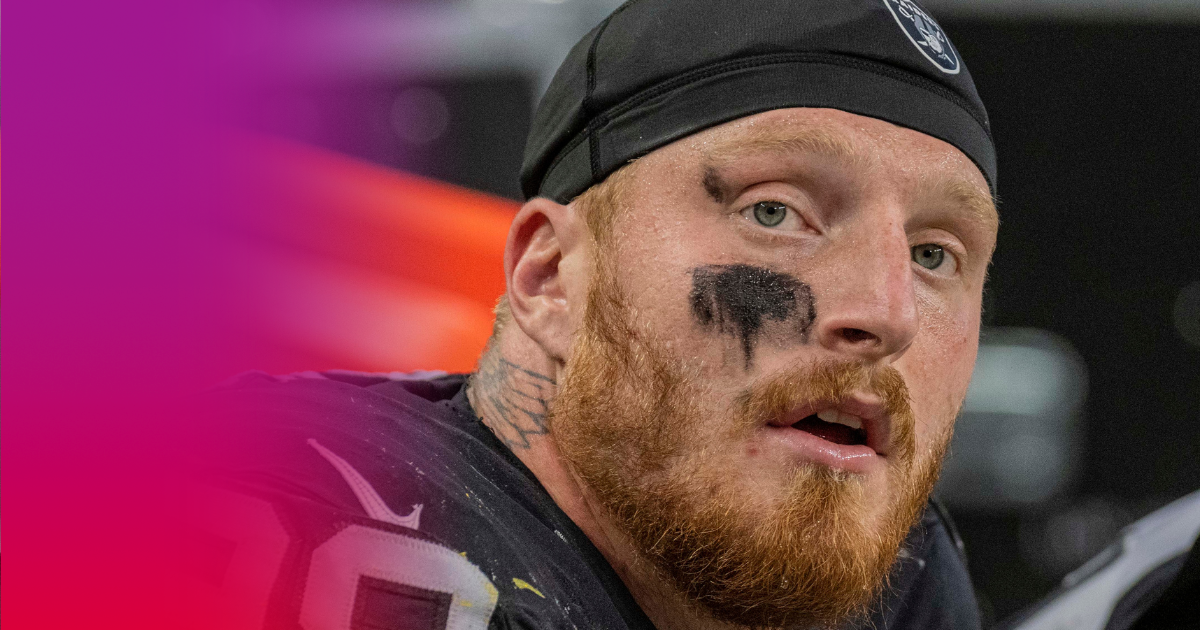Why Did Demi Lovato Go To Rehab?
In her upcoming four-part exclusive YouTube documentary, Demi Lovato: Dancing with the Devil, Lovato pulls back the curtain on her years-long battle with sobriety. In 2018, Lovato suffered a drug overdose that nearly took her life. Now, almost three years later, she speaks her truth and answers the question, “why did Demi Lovato go to rehab?”
An Ongoing Struggle That Led to Overdose
At 28 years old, Lovato has already experienced her fair share of mental health issues and substance use.
A star since childhood, Lovato quickly shed her squeaky-clean Disney image, transforming into a soulful, husky-voiced, and empowered pop maven. But beneath the glamorous surface, the struggles continued, having battled a devastating eating disorder since childhood, struggled with self-harm, and suffered with crushing mental health issues. Her coping method? Drugs and alcohol.
Despite bouts of substance abuse, Lovato got sober in 2012 and stayed that way for six years. That is, until she relapsed back into substance use and bulimia in 2018, shortly followed by her near-fatal overdose.
“I had three strokes. I had a heart attack,” the pop songstress revealed. She also stated that she suffered brain damage as a result of the overdose. Although Lovato survived the event, it was a close call. During her emergency hospitalization, her doctor told her she had “5 to 10 more minutes” to live.
According to Demi Lovato, her drug overdose was “the darkest time of her life” and the reason why she went to rehab. Drugs and alcohol destroyed her, but at times, she felt like they were saving her life. When suicidal ideations appeared, drugs became her coping mechanism. Even in her worst moments, the drugs kept her hanging on by a thread.
Demi Lovato’s Recovery From Overdose
As regular people, it can be challenging to relate to celebrities and their lifestyles. Sometimes it seems as though we’re from two completely different worlds—but are we, really? Lovato’s story begins to meld the two, proving that anyone can struggle with substance use disorders.
Being so open and honest about her struggles has made Lovato an inspiration for many. She has repeatedly pushed back against body shaming in the media and spoken candidly about her battles with addiction. Her music became an outlet for both the songstress and her fans. Songs like ‘Sober’ showcased Lovato’s emotional honesty, powerful lyrics, and raw voice.
“I’m so sorry, I’m not sober anymore,” Lovato croons in the 2018 track, released just a month before her overdose. Later, she laments, “And I’m sorry for the fans I lost who watched me fall again/I wanna be a role model, but I’m only human.”
For Lovato, addiction, recovery, and sobriety have been—and no doubt continue to be—a journey. But her story makes it clear that relapse, even one as severe and life-threatening as hers, is not the end of the road. There is life after relapse, and overdose isn’t always the end of the line. Beyond just survival, it is possible to thrive.
If you or a loved one struggles with addiction, Landmark Recovery is here to help. Reach out today to learn how to get started.

Choose Recovery Over Addiction
We're here 24/7 to help you get the care you need to live life on your terms, without drugs or alcohol. Talk to our recovery specialists today and learn about our integrated treatment programs.




